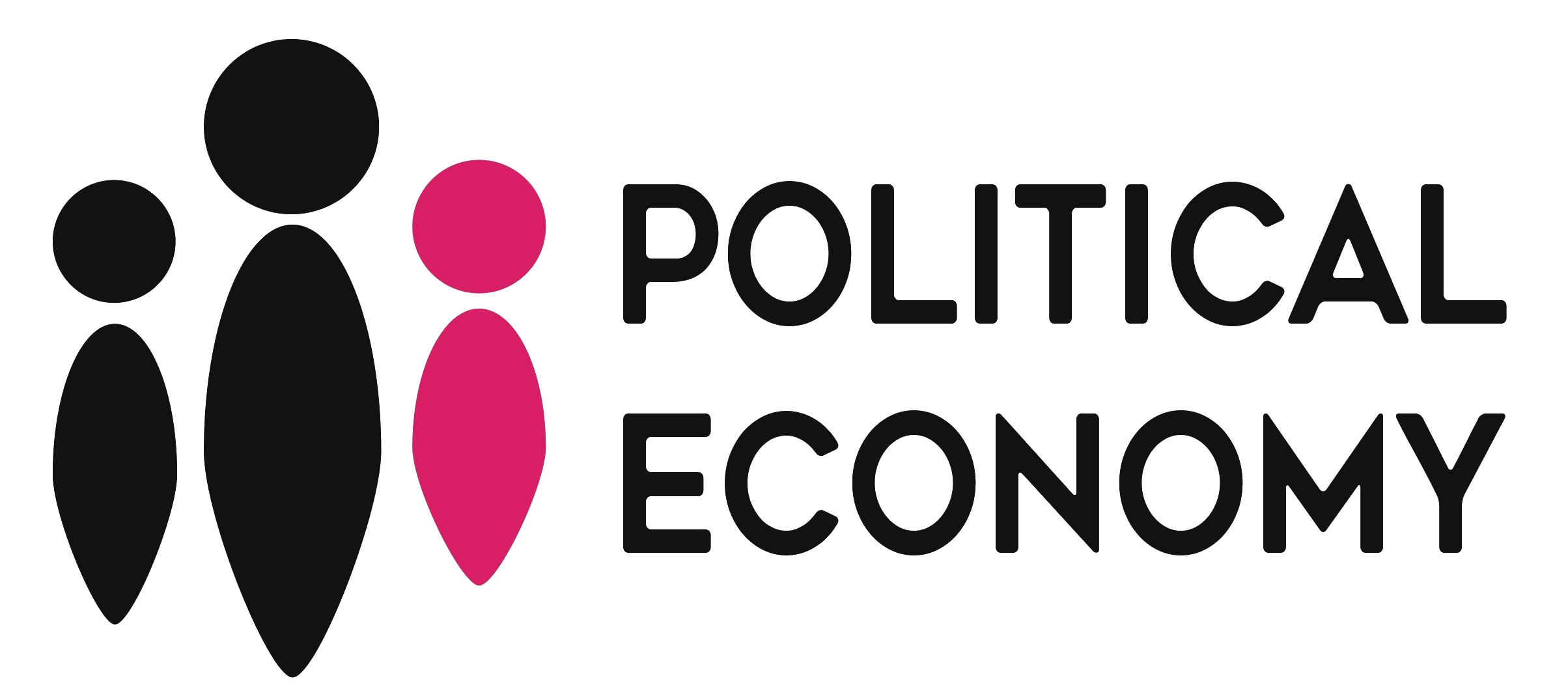Are Markets Repugnant?
- Type: Seminar (S)
- Semester: WS 17/18
-
Time:
2017-10-17
10:30 - 11:30
01.93 Seminarraum K1 01.93 Kronenstraße 32
weitere...
-
Lecturer:
David Huber
- SWS: 2
- Lv-No.: 2560140
| Notes | Participation will be limited to 12 students. |
| Prerequisites | None. Knowledge in the field of experimental economic research or behavioral economics as well as in the field of microeconomics and game theory may be helpful. |
| Description | Personality traits such as cooperativeness, competitiveness, trust and compassion are crucial for our society. Without a certain level of trust for example, commerce would be impossible (Arrow 1972). At which age do these traits appear and how do they manifest? Is it possible to influence their development? Can we induce specific behaviors among children e.g. in order to support children from problematic backgrounds? How can we promote economically responsible behavior? Are long term effects possible? Questions of this kind will be studied in our block seminar. With the support at our chair, students develop their own ideas for the design of an economic experiment or field of study. Impulses may be received from Nobel Prize awarded economist James Heckman (fostering of young children), Ernst Fehr (egalitarianism and fairness), Uri Gneezy (gender differences), Matthias Sutter (delay of gratification), and Walter Mischel (the famous Marshmallow Experiment). Students may work individually or in pairs of two. Working in teams of two is being recommended. The seminar starts with an introductory meeting at the beginning of the semester. Ideas for experiments or field studies will be presented in a block event in December, each presentation lasting about 25 minutes. Seminar papers of 8 – 10 pages are to be handed in by Feb 29, 2016. For bachelor students grades will be based on the quality of presentations and discussions in the seminar (50%) and the seminar paper (50%). Master students additionally have to hand in two abstracts with their paper. Their grades will be based on the quality of presentations and discussions in the seminar (40%), the seminar paper (40%) and the two abstracts (20%). Participation will be limited to 12 students. Please apply until September 13, 2015 via the centralized system: (https://portal.wiwi.kit.edu/Seminare). You will be notified about acceptance by the end of September. For further questions, please contact Jannis Engel (jeroen.engel@kit.edu). |
| Bibliography | James Heckman (fostering of young children), Ernst Fehr (egalitarianism and fairness), Uri Gneezy (gender differences), Matthias Sutter (delay of gratification), and Walter Mischel (the famous Marshmallow Experiment). |
| Comment | Students may work individually or in pairs of two. |
| Entryrequirements | None. |
| Shortdescription | With the support at our chair, students develop their own ideas for the design of an economic experiment or field study on the topic “Development of Economic Behavior”. |
| Workload | About 90 hours. |
| Target audience | Bachelor and Master students of the fields Industrial Engineering and Management, Information Engineering and Management, Economics Engineering or Economathematics. |
| Aim | The student develops an own idea for an economic experiment in this research direction. |

